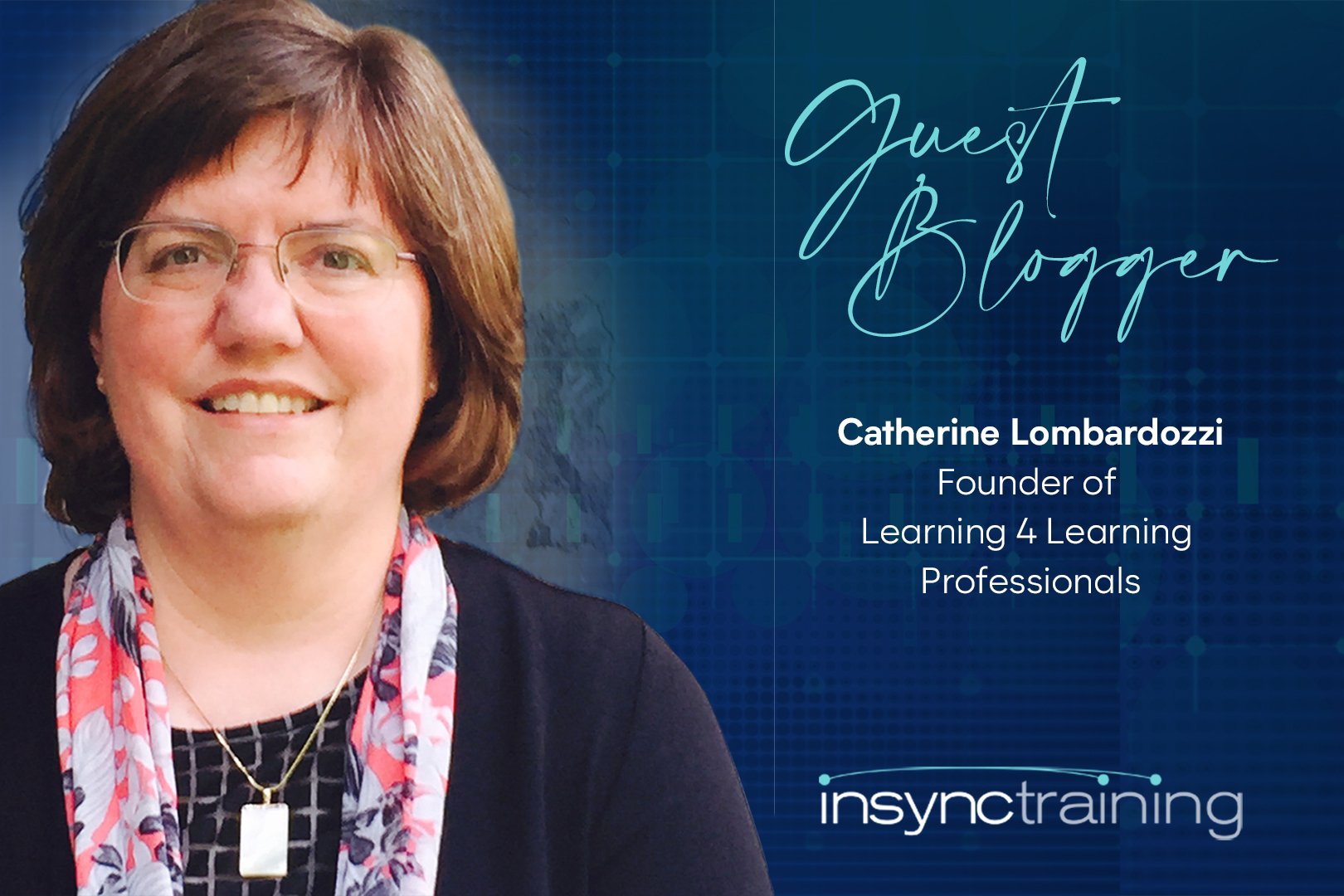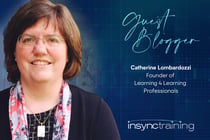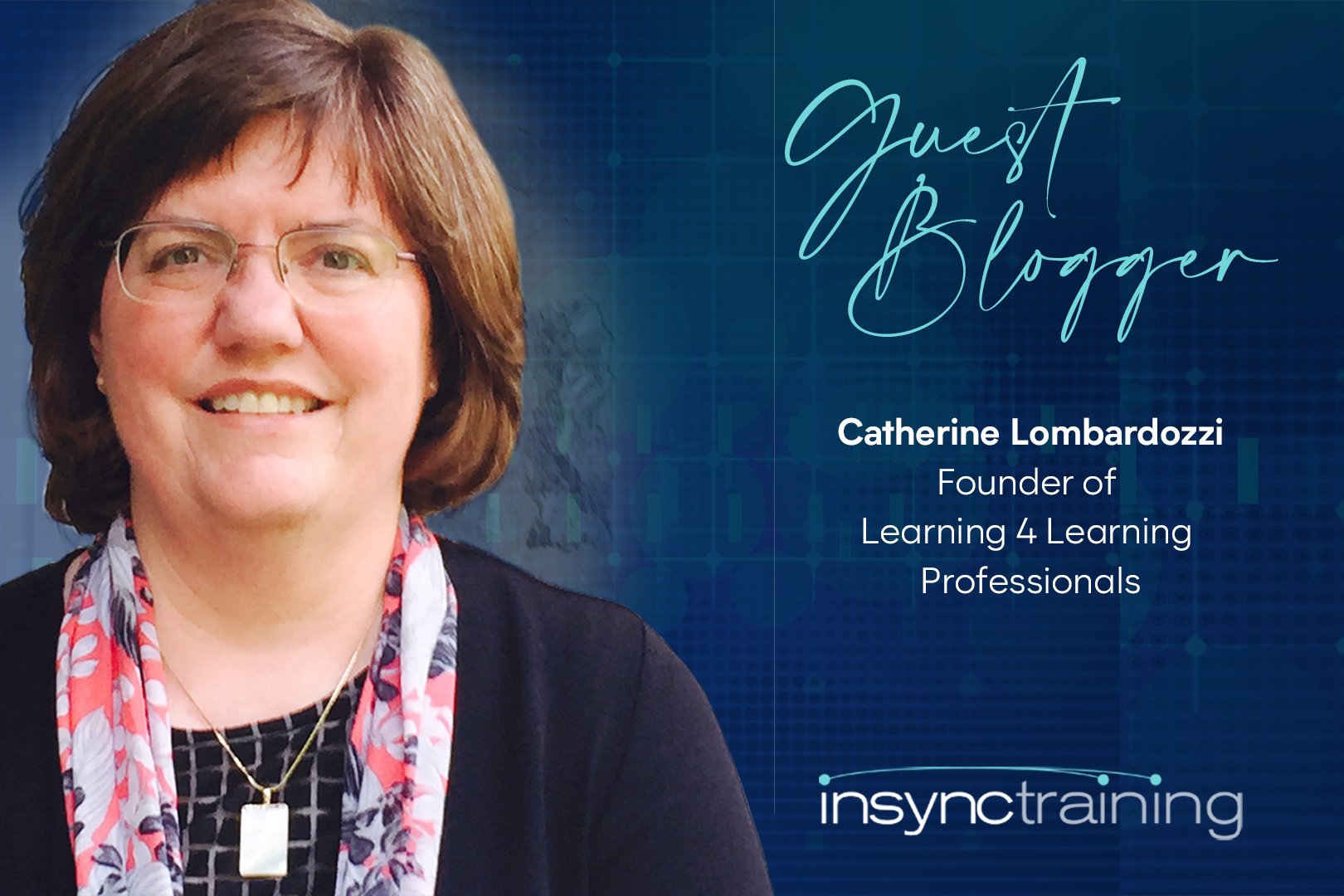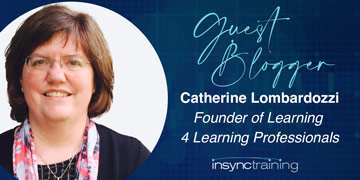Future-Proofing Your L&D Career: Prepare For An Uncertain Future
Part of InSync Training's Thriving as a Learning Professional Series Getting Ready for an Uncertain Future There’s something about the start of the...
4 min read
 Catherine Lombardozzi
:
Jan 19, 2023 9:39:06 AM
Catherine Lombardozzi
:
Jan 19, 2023 9:39:06 AM

One of the aspects of working life that has changed dramatically in the last several decades

is the path to career success. Good careers were once defined by earning increasing compensation, achieving successive promotions, accruing long tenure in an organization, and being awarded a lovely parting gift on retirement. These days, a successful career is defined differently, and it’s often idiosyncratic. So it’s important to be careful what you wish for.
In the “great resignation” hundreds of thousands of employees have rejected customary recommendations regarding career success and opted to leave jobs that weren’t meeting their broader needs. People are recognizing that conventional characteristics of a “good job” leave a lot of important criteria off the list. What people want from their careers is changing.
The office of Surgeon General Dr. Vivek Murthy recently issued a framework for workplace health and well-being that described five essential elements that employees need: protection from harm, connection and community, work-life harmony, mattering at work, and opportunity for growth, all based on worker voice and equity. Simply put, a paycheck is not enough; people spend a significant part of their lives engaged in work, and their work is part of the picture when building a full and thriving life.
These recommendations align with a recent career development study by Julie Winkle Giulioni (documented in her 2022 book, Promotions are SO Yesterday). Her research found that moving up holds less appeal than other growth avenues or potential benefits from working life. Giulioni, too, documented that people were looking for purpose, development of expertise, relationships, challenge, autonomy, and joy among other things – and that climbing the ladder ranked much further down on the list than might have been seen in the past. (In fact, it ranked last for all age groups except those early in their careers, and even then, it was near the bottom.)
Modern career planning drops old assumptions and explores more variables and a wider range of possibilities.
The list of job characteristics to consider when exploring career moves is long, and no job will tick off all the boxes. It’s worth the effort to step back and explore what YOU expect from your job. Here are some of the items that others have said they wish for from work:
As you consider your next career move, take the time to explore what you really want. Too often, people go for role or salary advancement opportunities without considering the cost to their autonomy, or their ability to apply expertise, or their time commitments, or their lifestyle outside of work. People launch freelance careers without accounting for what it takes to get an entrepreneurial business off the ground. Or they allow others to guide their career path. Or they make decisions based on fixing the problems they found in previous jobs rather than considering all their wants and needs. Be careful what you wish for – you might just get it.
It’s useful to regularly take stock of your career and make new goals and plans. Here are some questions for you to ponder (perhaps in a personal retreat focused on your career):
These questions and others you might pose for yourself can help you to know what you need to do to achieve your own version of career success. Having carefully thought about what you wish for, you can make concrete plans to get from here to there. Dream big!
Want to learn more? Download InSync Training's 54-page guide: Thriving As A Learning Professional.

Part of InSync Training's Thriving as a Learning Professional Series Getting Ready for an Uncertain Future There’s something about the start of the...

Part of InSync Training's Thriving as a Learning Professional Series An accidental career

Part of InSync Training's Thriving as a Learning Professional Series It’s hard to keep up on all that’s going on in the L&D space. Emerging...